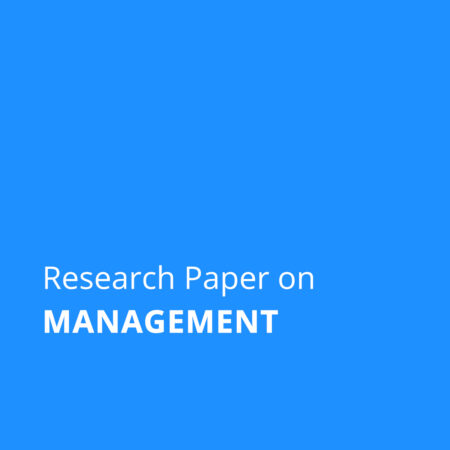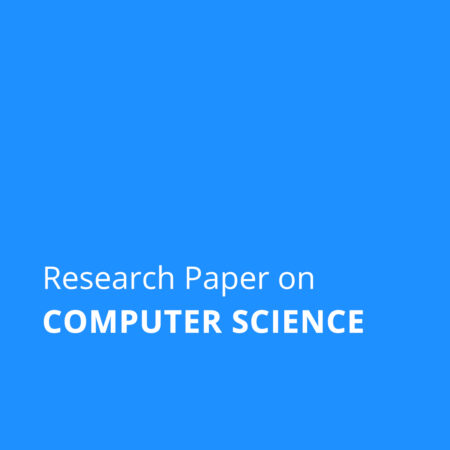Description
Title: Workplace Time Reduction and COVID-19: Is It the Right Tool?
Abstract: The main goals of this study are to consider how COVID-19 may affect how the labor market functions and to assess how policies limiting working hours may affect both economic activity and the ability of the disease to spread. In light of this, we describe a macroeconomic model that incorporates a fixed price and wage regime, a consumption demand that is reliant on wages, and autonomous demand components, and tests the effects of reducing working hours in the Keynesian unemployment framework. Additionally, we discuss a neoclassical framework for unemployment in which the labor market is only controlled by dynamic demand forces. Theoretical findings indicate that, when the existing conditions are maintained, a reduction in working hours may be a good policy for containing the virus and enhancing employment in the Keynesian framework. According to the neoclassical framework, if certain conditions are not met, a work sharing policy will fail, and if epidemic containment measures are scaled back, the spread of the virus may be accelerated. The pandemic’s end will result in more jobs being created. Reducing working hours could lower virus diffusion, but only when certain, constrained parameters are met in both frameworks, according to a numerical simulation.
Keywords: COVID-19; working time policy; simulation
Paper Quality: SCOPUS / Web of Science Level Research Paper
Subject: Economics
Writer Experience: 20+ Years
Plagiarism Report: Turnitin Plagiarism Report will be less than 10%
Restriction: Only one author may purchase a single paper. The paper will then indicate that it is out of stock.
What will I get after the purchase?
A turnitin plagiarism report of less than 10% in a pdf file and a full research paper in a word document.
In case you have any questions related to this research paper, please feel free to call/ WhatsApp on +919726999915



Reviews
There are no reviews yet.